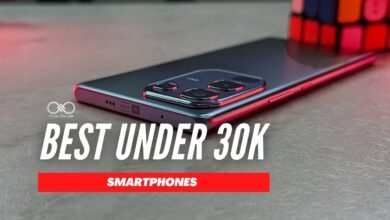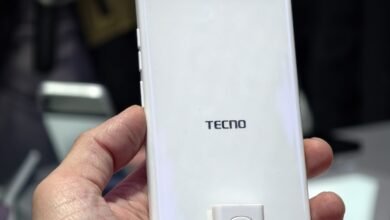
Whenever I hang out with people visiting or living in Nairobi for the first time, and we’re having a conversation about things I love about Nairobi, one thing that never fails to amaze me is their reaction when I say I can get whatever I want easily and really fast just by browsing online shops for a few minutes. I tell people I’ve bought my cheapest and my most expensive pieces of tech online from shops listing on socials or on e-commerce platforms, and had them delivered in a few hours, and they never believe the convenience, the speed, and the levels of trust.
Nairobi is not just the heart of Kenya ( – and I’ve made arguments many times that we need to move from having one point of failure as a country, but that’s a story for another day); it’s the economic capital of East Africa, bustling with a vibrant tech scene and a rapidly growing e-commerce space. If one were to spend time mapping out our digital marketplace ecosystem, you will find it is a sprawling web of e-commerce sites, social media platforms, and even unexpected twists where you find people using newer avenues like TikTok, going live for hours showcasing their merchandise. A few weeks back at a car wash, the owner was busy making short videos to post on TikTok leveraging the power of that platform’s algorithm. The best thing is that listings are quick, easy and mainly 100% free, for example with platforms like Facebook Marketplace, Instagram, and TikTok. So sellers don’t have to spend much to reach potential buyers.
I personally think the main thing that got us here is our continuous chase for convenience. Nairobians love it fast and convenient, and one of the most remarkable aspects of our landscape is our approach to payments. For most outlets in Nairobi, at least in my experience (plus if you don’t want to get conned eh…) payment is done once the product is received. This level of trust, particularly prevalent among smaller shops, is a rare find in the larger, more bureaucratic e-commerce platforms. It’s this trust that enables transactions like purchasing a MacBook Pro directly from a Telegram channel, a Twitter post, or an Instagram story. Meanwhile a more established e-commerce platform would take forever to approve, receive payment, send out the gadget and all that nonsense. These new digital shops are doing things fast, immediate, and raking up customers, and through it all completing purchases becomes fast, safe, cheaper, and easier.
I am reminded of Apple’s announcement of the M1 MacBook Pro a few years back. I desperately wanted that laptop. I remember thinking there was no way I was going to pay the exorbitant prices the so-called official retailers locally would charge a couple of months after launch. I also faced a challenge since I had just acquired the last Intel-based MacBook Pro a few weeks earlier and now needed to sell it in order to upgrade. Here’s what happened: I tweeted. I got a customer. Then I contacted a Telegram Shop I know, and their first stock of the new M1 MacBook Pros had just arrived. I was on a call with someone in the UK when I messaged the Telegram shop to tell them where to deliver, and the call hadn’t even ended when the BodaBoda rider called saying he was at the gate. The entire process – from tweeting about my sale to receiving my new laptop – was completed in mere minutes. I remember the shock the party in the UK had when I told them what I was doing, and the even wilder reaction when a few minutes later the laptop was there. Brand new. This level of convenience is unparalleled and is largely thanks to Nairobi’s robust motorcycle delivery network and our incredible acceptance and use of mobile money.
My online shopping experiences have ranged from big and expensive electronics like TVs, cameras, laptops and phones to car accessories and car replacement parts. Most recently, I discovered a website that not only sold car parts but also offered to send a mechanic to verify if the part would solve my issue, all within two hours. How do you beat? Whenever startups fundraise around logistics in this market, I always wonder what new thing they’ll be doing when its very possible to order a great TV at a really good price from a shop listing online, pay between KES 500 and KES 1,500 for delivery and get it within minutes.
Over the years, the convenience of Nairobi’s e-commerce landscape has expanded to parts outside the city. Nowadays, from many parts of Kenya, you can order something and get it within just a day or two. Small shops will literally employ people to get your order placed on a vehicle going upcountry where you will get a message that it has arrived and you go pick it up.
The trigger for this article is a conversation I’ve seen for a while where foreigners keep commenting on their experiences in Nairobi. For me, it is crazy that in some countries, online shopping is a concept yet to catch on, or deliveries take days, if not weeks. Here, I live in a city where a morning call can refill my drinking water, I can place orders for groceries and select the exact time slot I need them delivered, I can replenish my cooking gas with a simple phone call at any time of day or night, or I can wake up and surprise someone with a bouquet of flowers or gifts from a website I just found online offering within the hour delivery. Even prescriptions can be shared online, quotations sent in minutes, and medicines delivered in a few hours!





